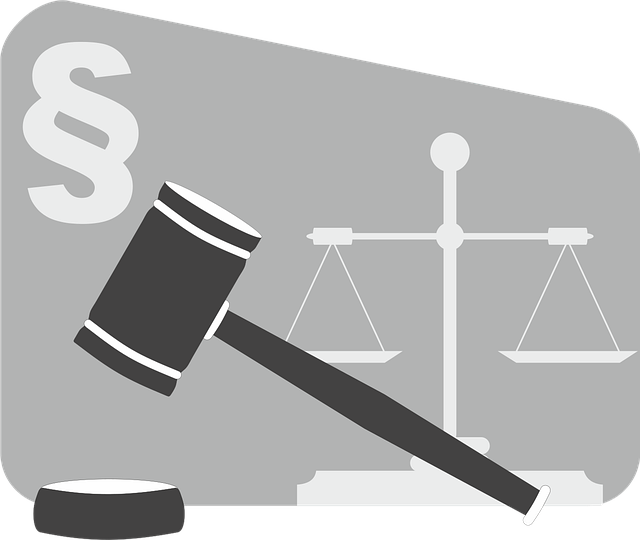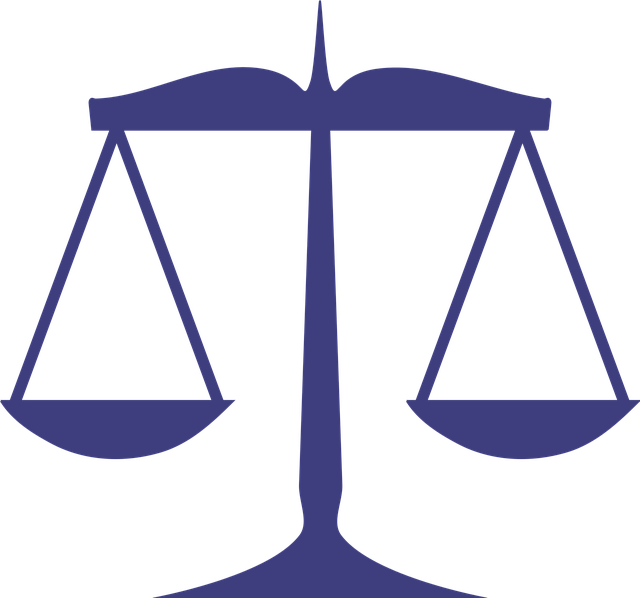Regulatory fraud laws safeguard financial markets and investors. Understanding these laws is vital for businesses to mitigate risks and ensure compliance. Securities law violations carry severe penalties, requiring complex litigation strategies involving evidence collection, strategic legal arguments, and expert testimony. Skilled attorneys navigate this "labyrinth" to protect clients' rights and achieve favorable outcomes, upholding justice and minimizing reputational damage.
Regulatory Fraud Laws are designed to protect investors and maintain market integrity, with severe consequences for those who engage in securities law violations. This comprehensive overview explores key aspects of navigating these complex laws, including understanding the legal framework, identifying potential consequences, and employing effective litigation strategies for cases involving fraudulent activities in financial markets. By delving into evidence collection techniques and defending rights throughout legal proceedings, individuals can build a robust case against wrongdoers.
- Understanding Regulatory Fraud Laws: A Comprehensive Overview
- Securities Law Violations: Potential Consequences and Penalties
- Litigation Strategies: Building a Solid Case Against Wrongdoers
- Evidence Collection: Uncovering Facts in Complex Financial Cases
- Defending Your Rights: Navigating Legal Proceedings for Accused Parties
Understanding Regulatory Fraud Laws: A Comprehensive Overview

Regulatory fraud laws are designed to protect investors and maintain the integrity of financial markets. These laws aim to deter and penalize individuals or entities that engage in deceptive practices, such as manipulating stock prices, falsifying financial statements, or violating disclosure requirements. Understanding these regulations is crucial for businesses and professionals navigating the complexities of securities law. By comprehending the legal framework, companies can develop robust internal controls and litigation strategies for securities law violations, thereby minimizing risks and ensuring compliance.
The impact of regulatory fraud extends beyond financial losses; it erodes public trust in markets and institutions. As such, regulators have implemented stringent measures to detect and punish fraudulent activities. An unprecedented track record of achieving extraordinary results in securities fraud cases underscores the severity with which these laws are enforced. While general criminal defense strategies may offer some protection, specialized knowledge of regulatory fraud laws is essential for effectively challenging allegations and securing favorable outcomes.
Securities Law Violations: Potential Consequences and Penalties

Securities Law Violations can have severe consequences for individuals and businesses alike. These violations, which include misrepresenting financial information or engaging in fraudulent activities related to stocks, bonds, and other securities, are taken very seriously by regulatory bodies. Consequences may range from substantial fines and restitution to criminal charges and imprisonment. The penalties vary depending on the severity of the offense, the intent behind it, and any previous convictions.
Litigation Strategies for Securities Law Violations often involve complex legal battles. Defendants can face civil lawsuits brought by investors or regulatory agencies seeking damages and injunctive relief. In some cases, criminal prosecution may also be initiated, leading to a trial where the burden of proof lies with the prosecution. A robust general criminal defense strategy is crucial here, focusing on challenging the evidence and proving that no criminal intent existed. The respective business, its leadership, and even philanthropic and political communities can be affected by these legal actions, as they reflect on corporate governance and ethical practices.
Litigation Strategies: Building a Solid Case Against Wrongdoers

When it comes to Litigation Strategies for Securities Law Violations, constructing a robust case is paramount to securing justice and achieving extraordinary results. This involves meticulous preparation, gathering compelling evidence, and employing strategic legal arguments to counter complex white collar defense tactics. A successful strategy should aim to uncover and present facts that demonstrate clear intent and damages caused by the wrongdoers, leaving no room for doubt in the eyes of the court.
One key approach is to thoroughly investigate and document all relevant transactions and communications, ensuring every piece of information is analyzed for its potential to strengthen the case. By avoiding indictment through robust pre-trial motions and aggressive cross-examination, plaintiffs can significantly increase their chances of a favorable outcome. This involves navigating complex legal landscapes, understanding the nuances of securities laws, and presenting arguments that not only challenge the defendant’s actions but also highlight the broader impact on investors and the market.
Evidence Collection: Uncovering Facts in Complex Financial Cases

In complex financial cases involving regulatory fraud, evidence collection is a meticulous process that demands strategic precision. With intricate transactions and sophisticated schemes at play, uncovering the truth requires a thorough understanding of both the legal framework and the underlying business practices. Litigation strategies for securities law violations often hinge on meticulously gathering and analyzing documents, digital records, and expert testimony to build a compelling case. This involves sifting through vast amounts of data to identify key patterns, discrepancies, and malicious intent—essential elements in proving white-collar and economic crimes.
For defense teams, navigating these challenges is crucial to achieving favorable outcomes, including winning challenging defense verdicts or even securing a complete dismissal of all charges. Skilled attorneys employ innovative techniques to ensure every fact is scrutinized, every rule applied accurately, and the client’s innocence or lack of malicious intent is demonstrably proven.
Defending Your Rights: Navigating Legal Proceedings for Accused Parties

When facing allegations of regulatory fraud, defending your rights involves a complex process that requires strategic navigation through legal proceedings. For accused parties, understanding their options is paramount. Engaging experienced legal counsel who specialize in securities law violations is crucial for developing effective litigation strategies. These strategies aim to protect the rights and interests of both corporate and individual clients alike.
The journey ahead demands a meticulous approach. Lawyers can help build a robust defense by examining the specifics of the case, gathering evidence, and identifying potential loopholes or weaknesses in the accusations. This process not only ensures a fair trial but also allows for the exploration of alternative resolutions. Whether representing businesses or individuals, skilled attorneys guide their clients through this labyrinth, aiming to achieve the best possible outcome, often mitigating damage to reputation and financial losses, while upholding the rights of philanthropic and political communities as well.
Regulatory fraud laws are essential tools in combating financial crimes, ensuring fair markets, and protecting investors. By understanding these laws and employing effective litigation strategies for securities law violations, authorities can hold wrongdoers accountable and deter future misconduct. Through comprehensive evidence collection and robust legal proceedings, navigating these complex cases becomes more manageable, ultimately fostering integrity within the financial landscape. For those facing accusations, seeking expert guidance is crucial to defend one’s rights and navigate the intricate web of regulatory fraud litigation strategies.






